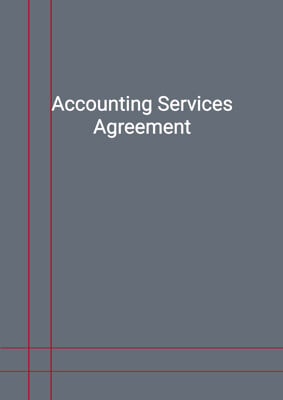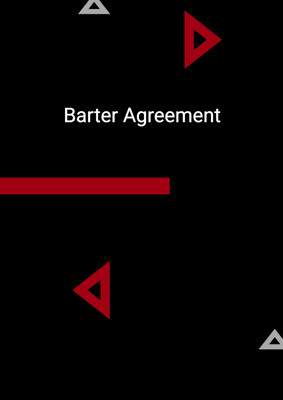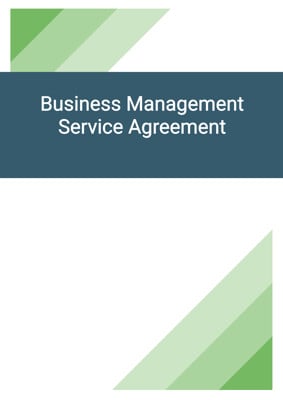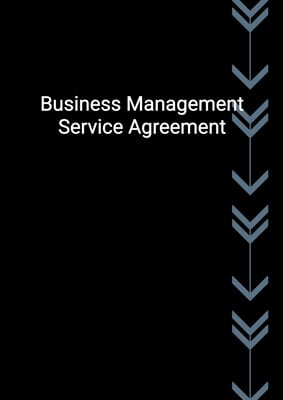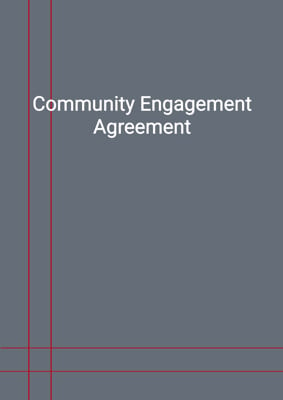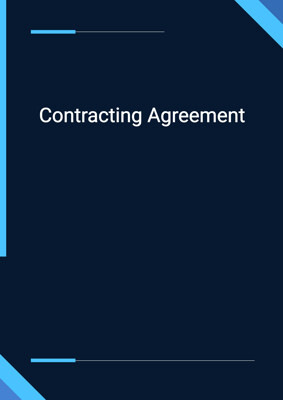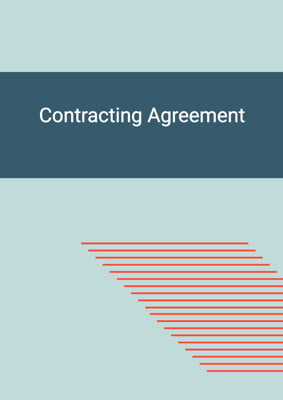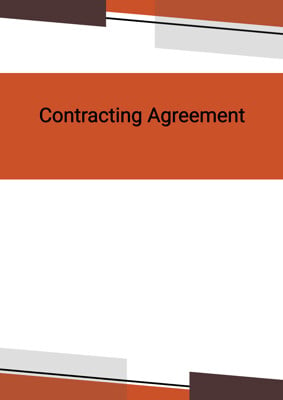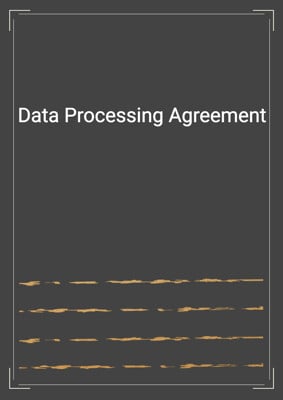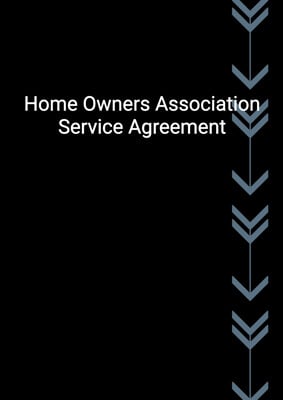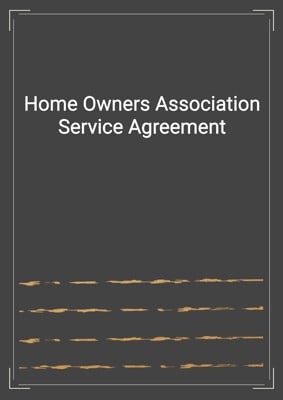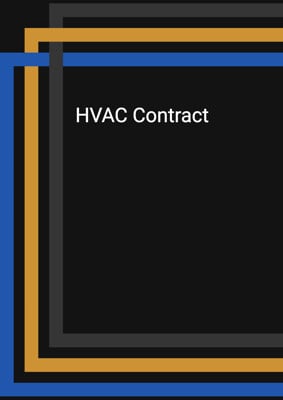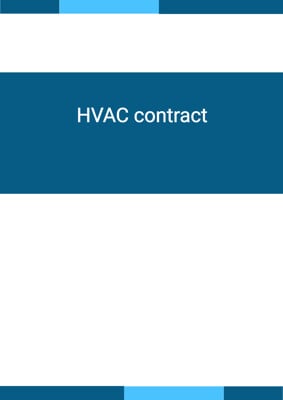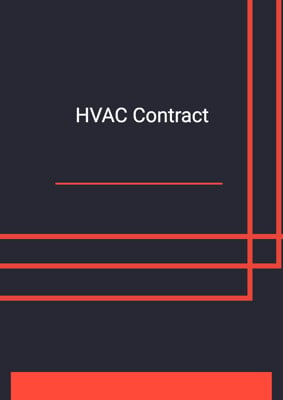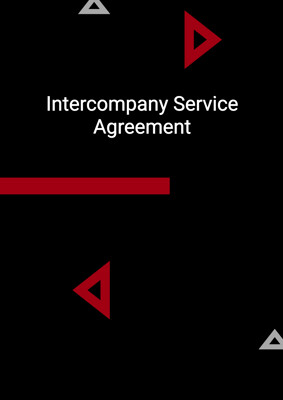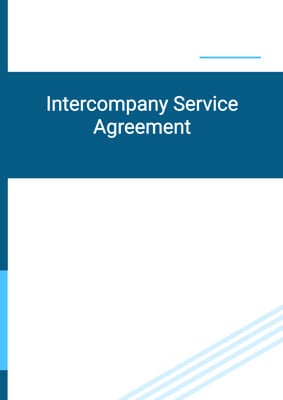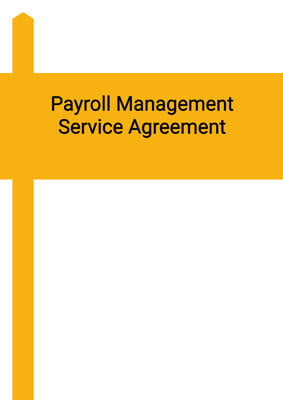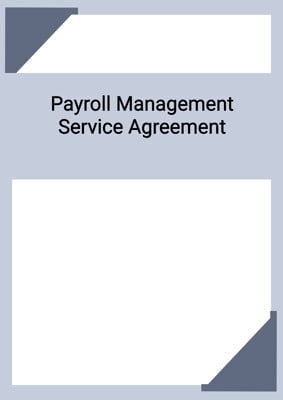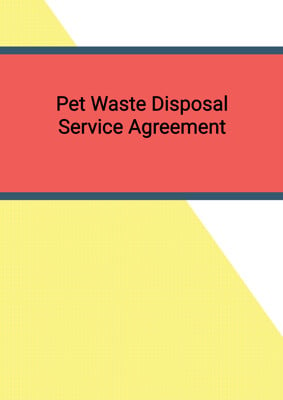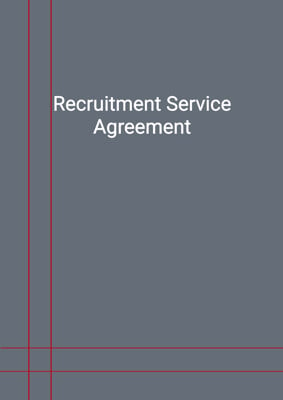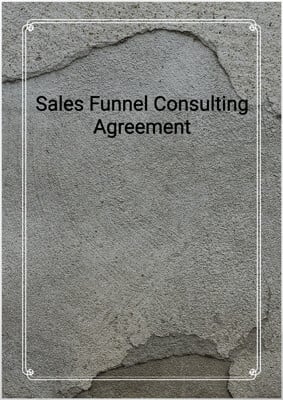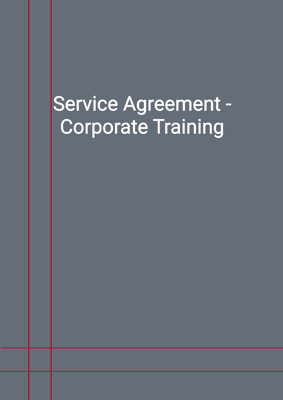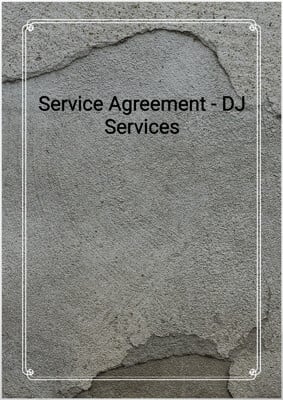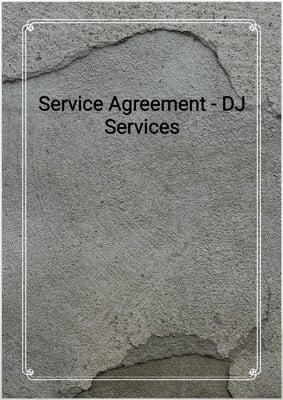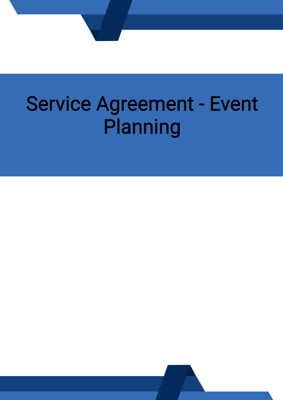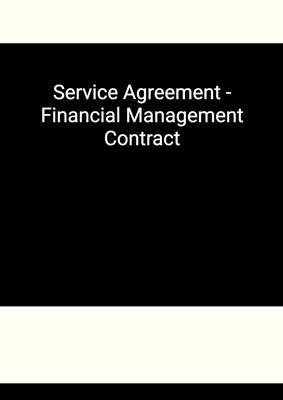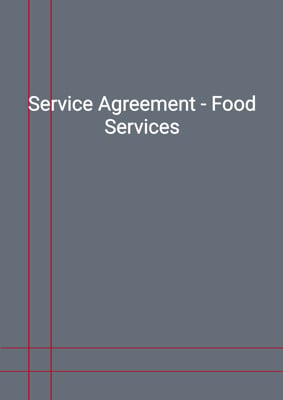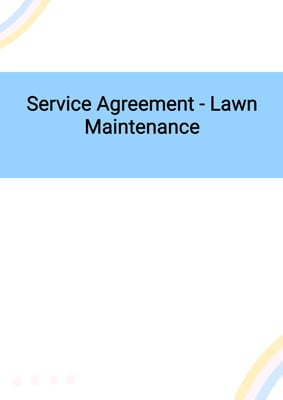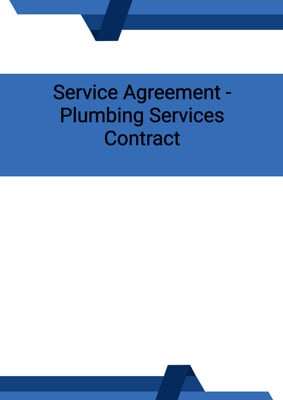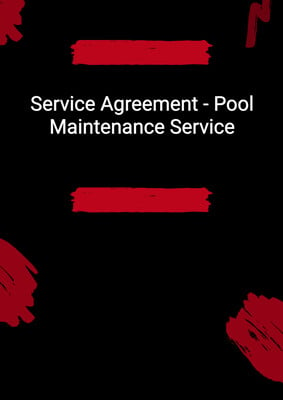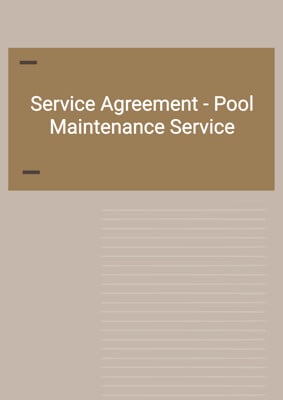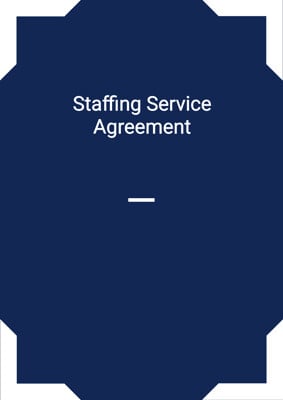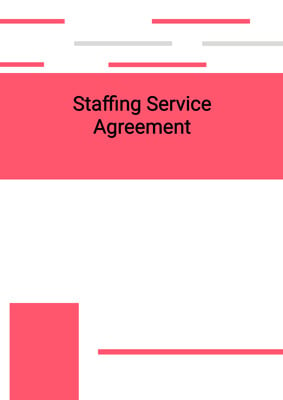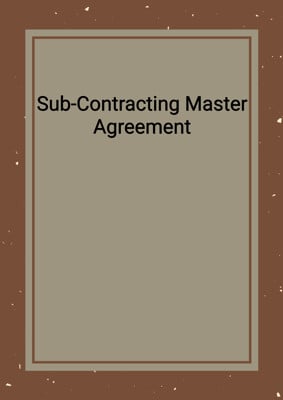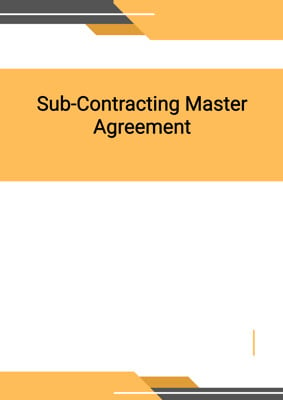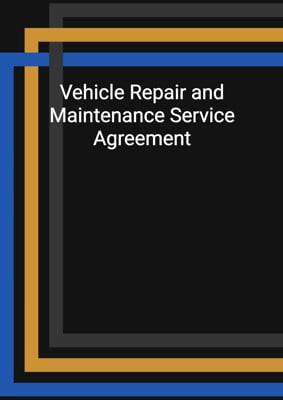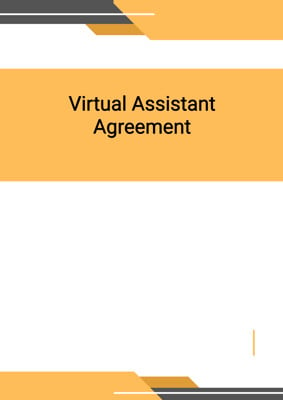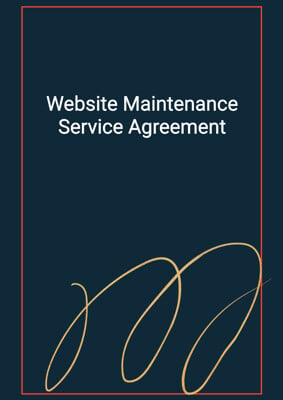How to Tailor the Document for Your Need?
01
Create Document
Fill in the details of the parties. You can click the "Fill with Member’s Information" button to complete it with information saved to your account.
02
Fill Information
Please fill in any additional information by following the step-by-step guide on the left hand side of the preview document and click the "Next" button.
03
Get Document
When you are done, click the "Get Document" button and you can download the document in Word or PDF format.
04
Review Document
Please get all parties to review the document carefully and make any final modifications to ensure that the details are correct before signing the document.
Document Preview
Document Description
The Service Agreement - Home Repair is a document that outlines the terms and conditions between the servicer and the customer for the provision of home repair services. It is important as it establishes the rights and obligations of both parties, ensuring clarity and avoiding any misunderstandings.
The document begins with a brief introduction, stating the purpose of the agreement and the parties involved. It then proceeds to define key terms and interpretations to ensure a common understanding.
Section 2 outlines the servicer's obligations, including the provision of services in a professional and diligent manner. It also specifies the preparation of a list of materials and fixtures needed for the services, as well as the requirement for daily and final cleanup.
Section 3 addresses the possibility of changes in services requested by the customer. It states that the servicer will make best efforts to implement such changes, subject to additional fees if necessary.
Section 4 highlights the requirement for the servicer to obtain all necessary licenses and permits to provide the services. The costs and fees associated with these licenses and permits are to be included in the service fee.
Section 5 emphasizes the importance of completing the work within the agreed-upon completion date. It allows for the possibility of extensions if justified, but also establishes liquidated damages if the services are not completed on time.
Section 6 specifies the service fees and the invoicing process. It also addresses the reimbursement of expenses incurred by the servicer and the customer's responsibility for providing agreed-upon supplies.
Section 7 focuses on warranties and indemnities. It requires the servicer to promptly notify the customer of any delays, problems, or complaints related to the services. It also establishes the customer's obligation to report any defects in the servicer's performance.
Section 8 deals with the term and termination of the agreement. It allows for termination by either party with written notice, and outlines the consequences of termination, including the customer's obligation to pay outstanding balances.
Section 9 addresses the servicer's obligation to obtain licenses and maintain insurance coverage. It also establishes the customer's responsibility for costs resulting from the customer's gross negligence.
Section 10 outlines the servicer's indemnity obligations, covering personal injury, death, and charges or debts incurred by the servicer.
Section 11 clarifies the independent contractor relationship between the parties and allows the servicer to use employees and contractors to perform the services.
Section 12 addresses ownership of materials and intellectual property. It states that materials delivered to the site become the property of the customer, and any intellectual property developed under the agreement belongs to the customer.
Section 13 establishes confidentiality obligations for both parties, ensuring that any confidential information shared during the agreement is kept confidential.
Section 14 regulates announcements and publicity related to the agreement, requiring prior written approval from all parties.
Section 15 states that any variation of the agreement must be in writing and signed by all parties.
Section 16 prohibits the assignment or subcontracting of the agreement without prior written consent.
Section 17 includes a severability clause, stating that if any provision of the agreement is deemed illegal or unenforceable, it will be removed without affecting the validity of the remaining provisions.
Section 18 requires the parties to perform any further acts or execute additional documents necessary to implement the agreement.
Section 19 contains a warranty of capacity and power, stating that each party has the authority and capacity to enter into and carry out its obligations under the agreement.
Section 20 addresses force majeure events, stating that neither party will be liable for any failure or delay in performing its obligations due to causes beyond its control.
Section 21 clarifies that the agreement does not confer any rights on third parties.
Section 22 encourages amicable resolution of disputes and states that the proper law governing the agreement is to be determined.
Section 23 specifies the requirements for giving notices and the addresses of the parties for such notices.
Section 24 allows the agreement to be executed in multiple counterparts, with each counterpart considered an original document.
How to use this document?
1. Provide information: Enter the Contractor's and Customer's information in the agreement, including their principal place of business. This ensures that both parties are clearly identified.
2. Specify price and completion date: Clearly specify the agreed price and completion date of the work to be carried out by the Contractor. This will ensure that both parties are aware of the expectations and deadlines.
3. Describe services: Clearly describe the type(s) of services to be provided by the Contractor. This ensures that both parties are aware of the scope of work and can avoid any misunderstandings.
4. Agree on length of warranty and time of payment: Both parties should agree on the length of warranty and time of payment after the completion of the work. This ensures that both parties are aware of the payment terms and the length of the warranty.
5. Specify damages: If the work is not completed by the completion date, specify the amount of damages per week that the Customer is entitled to. This ensures that both parties are aware of the consequences of non-completion.
6. Obtain necessary licenses and permits: The Contractor should obtain all necessary licenses, permits, and permissions required to provide the services. The costs and fees associated with these should be included in the service fee.
7. Perform services professionally: The Contractor should provide the services in a professional and diligent manner, consistent with industry standards and good commercial practice.
8. Keep records of expenses: The Contractor should keep an exact record of any expenses incurred while performing the services. These expenses should be itemized and supported by proof of purchase and receipt.
9. Report delays or problems: The Contractor should promptly notify the Customer of any delays, problems, or circumstances that may affect the provision of the services. Recommendations to avoid or mitigate such circumstances should also be provided.
10. Report defects: The Customer should promptly report any defects in the Contractor's performance of the services. The Contractor should make reasonable efforts to rectify any reported defects.
11. Termination: Either party may terminate the agreement with written notice. The consequences of termination, including payment of outstanding balances, should be clearly understood.
12. Maintain necessary insurance: The Contractor should maintain appropriate insurance coverage to protect against liability arising from the provision of services.
13. Keep information confidential: Both parties should keep the terms of the agreement and any confidential information exchanged during the agreement confidential, unless required by law or with the other party's written approval.
14. Seek prior approval for announcements: Any announcements or disclosures related to the agreement should be approved by all parties, unless required by law.
15. Seek legal advice if necessary: If there are any uncertainties or concerns regarding the agreement, it is advisable to seek legal advice to ensure compliance with applicable laws and regulations.
Not the right document?
Don’t worry, we have thousands of documents for you to choose from:

